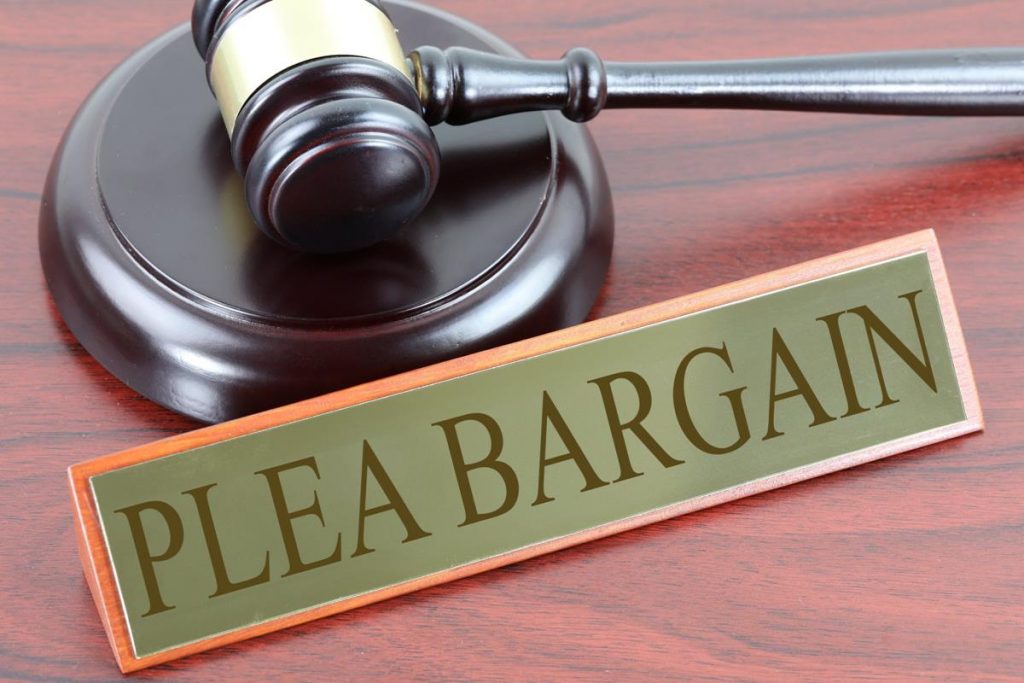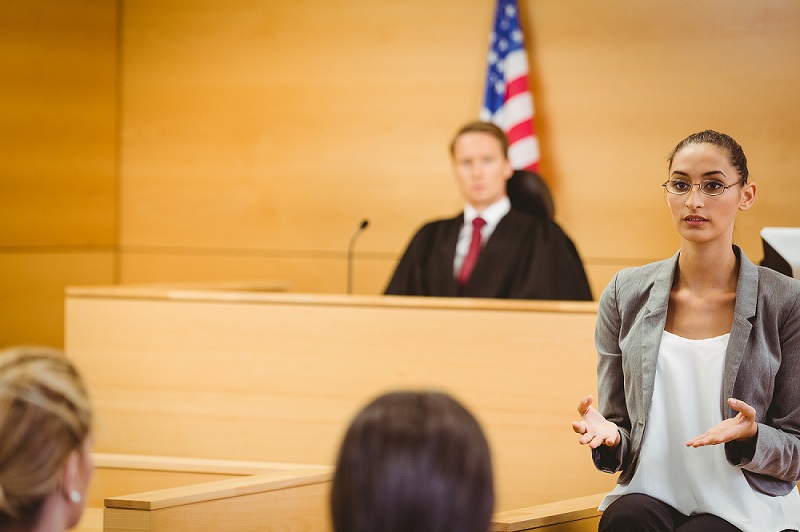Miami Criminal Defense Lawyer
We defend your rights
What is Criminal Defense Law?
Criminal defense law consists of the legal protections afforded to people who have been accused of committing a crime. Law enforcement agencies and government prosecutors have extensive resources at their disposal. Without adequate protections for the accused, the balance of power within the justice system would become skewed in favor of the government. As it is, fair treatment for criminal defendants often depends as much upon the skill of their defense attorney as it does the substantive protections contained in the law.
Defense attorneys know how to use constitutional guarantees to the advantage of their clients. For example, all criminal prosecutions are based upon evidence gathered by the government. This may include physical items of evidence, witness statements, confessions, drug and alcohol tests, and so forth. The Forth Amendment to the U.S. Constitution (applicable to the states through the 14th Amendment) prohibits the police from using unreasonable searches and seizures to gather evidence. If they do, a defense attorney will ask the court to suppress that evidence so it cannot be used at trial.
The Constitution provides many more protections that apply to the field of criminal defense law. Someone who has been tried and acquitted of a crime cannot again be charged with that office, as mandated by the “double jeopardy” provision of the Fifth Amendment. The Sixth Amendment guarantees criminal defendants the right to a public trial, and in many cases, the right to have their guilt or innocence decided by a jury. It also affords the right to confront adverse witnesses, and to use the court’s subpoena power to compel the appearance of favorable witnesses.
Securing a Release from Jail Pending Trial
Following an arrest, the first thing defendants will want to do is get out of jail. Besides the obvious inconveniences, being in jail prevents defendants from working and earning money in order to pay a defense attorney and meet their other financial obligations. This can be especially problematic for those who will later plead guilty and face expensive fines and assessments. Defendants who are incarcerated are also at a disadvantage because it is more difficult for them to assist their attorney in preparing a defense.
Obtaining a release from jail while a case is pending requires the defendant to post bail. In simple terms, bail is “good faith” money, giving the court a form of collateral to ensure the defendant returns to court to attend future proceedings in the case. If the defendant fails to appear, the bail money is forfeited. A defendant who cannot afford bail may use a commercial bond service or ask the judge to reduce the bail amount. Judges may agree to reduce bail if it can be shown that the defendant has strong ties to the local community and does not pose a danger to others.
Plea Bargaining Strategies

A vast majority of criminal cases never reach the trial stage. The defendant and the prosecuting attorney will instead enter into a settlement agreement known as a plea bargain. Basically, the defendant agrees to plead guilty in exchange for a lenient sentence. Defendants seeking a plea bargain can take one of two general approaches. They can fight the government at every turn, making the prosecutor’s job more difficult, and giving the prosecutor an incentive to “get rid” of the case through a plea bargain. Alternatively, defendants can fully cooperate, demonstrate true remorse, and convince the prosecutor that a lenient sentence is appropriate because they have changed their criminal ways.
Presenting a Winning Defense to the Jury
When a case does proceed to jury trial, one of the keys to success is presenting a coherent, persuasive theory to explain to the jury why the defendant has been falsely accused. The defendant’s attorney will touch upon this theory throughout the trial, creating a narrative that resonates with jury members in that community and reinforces their pre-existing beliefs about the issues in the case. Developing the right theory and presenting it effectively is the goal of every criminal defense trial lawyer.
Consider the following example. In a farming community, a day laborer is pulled over on his way home from work. He is arrested for DUI after doing poorly on the roadside sobriety test that requires balancing on one leg. At trial, his defense attorney explains that the defendant was unable to stand on one leg because he was exhausted from working on a farm all day, not because of alcohol intoxication. The jury members empathize, many of them having worked on farms themselves. After considering the evidence in light of the defense theory, the jury returns a verdict of not guilty.
Reasons to Hire a Defense Attorney
The criminal justice system is not designed for people to represent themselves. If you have been arrested, you need an attorney to stand up for your rights, fight back against overzealous police officers, and obtain the best result possible. Contact a criminal lawyer for more information.
